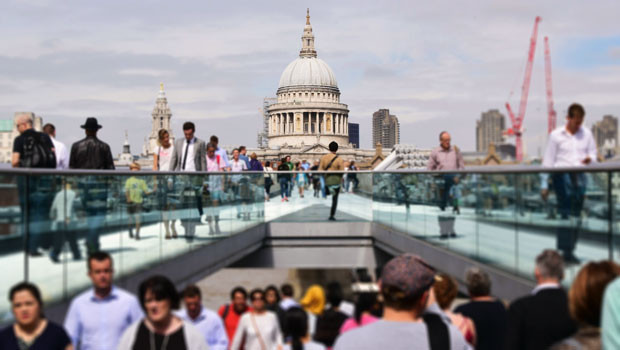UK unemployment rate ticks up, wages continue to lag inflation

The UK unemployment rate ticked higher in September, while real wages continued to grow but lag inflation, according to figures released on Tuesday by the Office for National Statistics.
The unemployment rate edged up to 3.6% in the three months to September from 3.5% in August. Analysts had been expecting the rate to remain unchanged.
Meanwhile, regular pay increased 5.7% from a year earlier, up from 5.4% and ahead of expectations for a 5.5% rise.
Taking into account inflation, however, average pay including bonuses fell by 2.6% in the year to July to September. Excluding bonuses, it fell 2.7%.
The figures showed that the number of people in employment fell by 52,000 in the three months to September. This was much higher than consensus expectations for a 25,000 decline.
They also revealed that an extra 133,000 people were classed as long-term sick, taking the total to 2.519m. Meanwhile, the share of economically inactive people - those neither in work nor looking for a job - rose 0.2 points to 21.6%.
Darren Morgan, director of economic statistics at the ONS, said: "The proportion of people neither working nor looking for work has risen again.
"Since the onset of the pandemic, this shift has largely been caused by older workers leaving the labour market altogether, but in the most recent quarter the main contribution has actually come from younger groups.
"August and September saw well over half a million working days lost to strikes, the highest two-month total in more than a decade, with the vast majority coming from the transport and communications sectors.
"With real earnings continuing to fall, it’s not surprising that employers we survey are telling us most disputes are about pay."
Ashley Webb, UK economist at Capital Economics, said: "Overall, while today’s release provided some tentative signs that the labour market is turning, the Bank of England will want to see concrete signs of easing wage growth.
"That’s why we think the Bank of England will raise interest rates by 50 basis points in December and eventually to a peak of 5.00%, although the fiscal consolidation set to be announced on Thursday means the risks are on the downside."